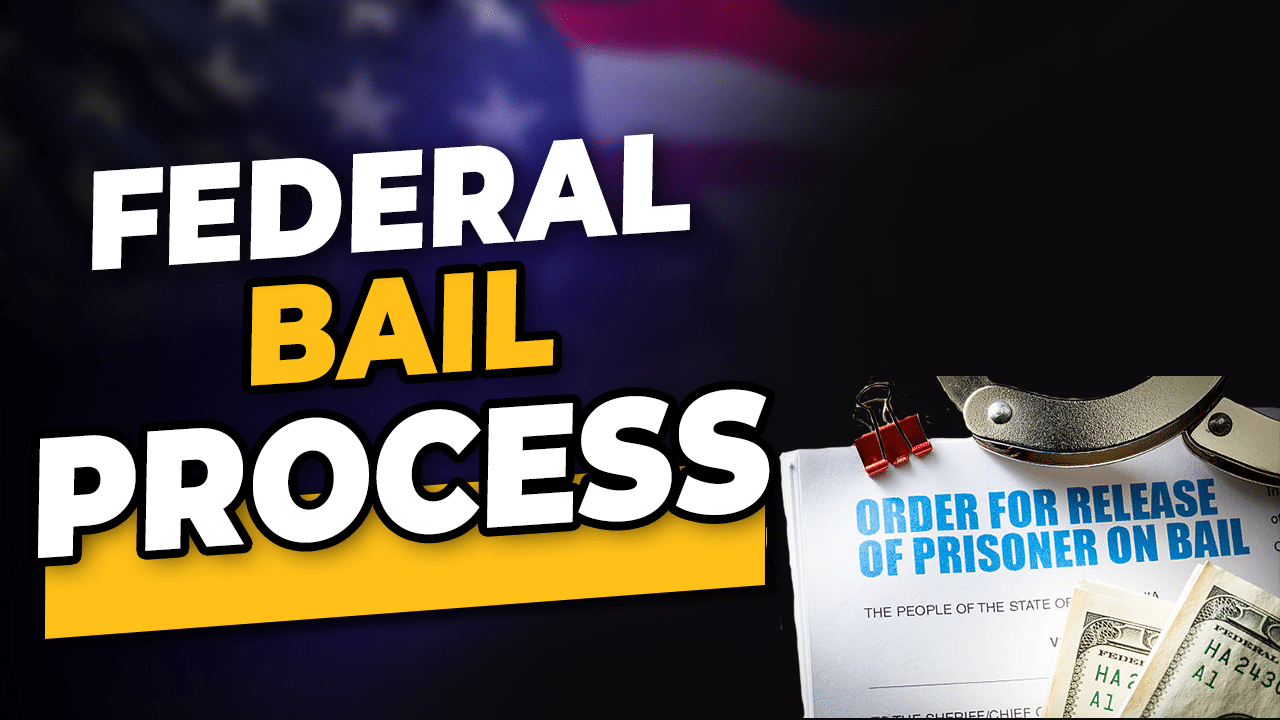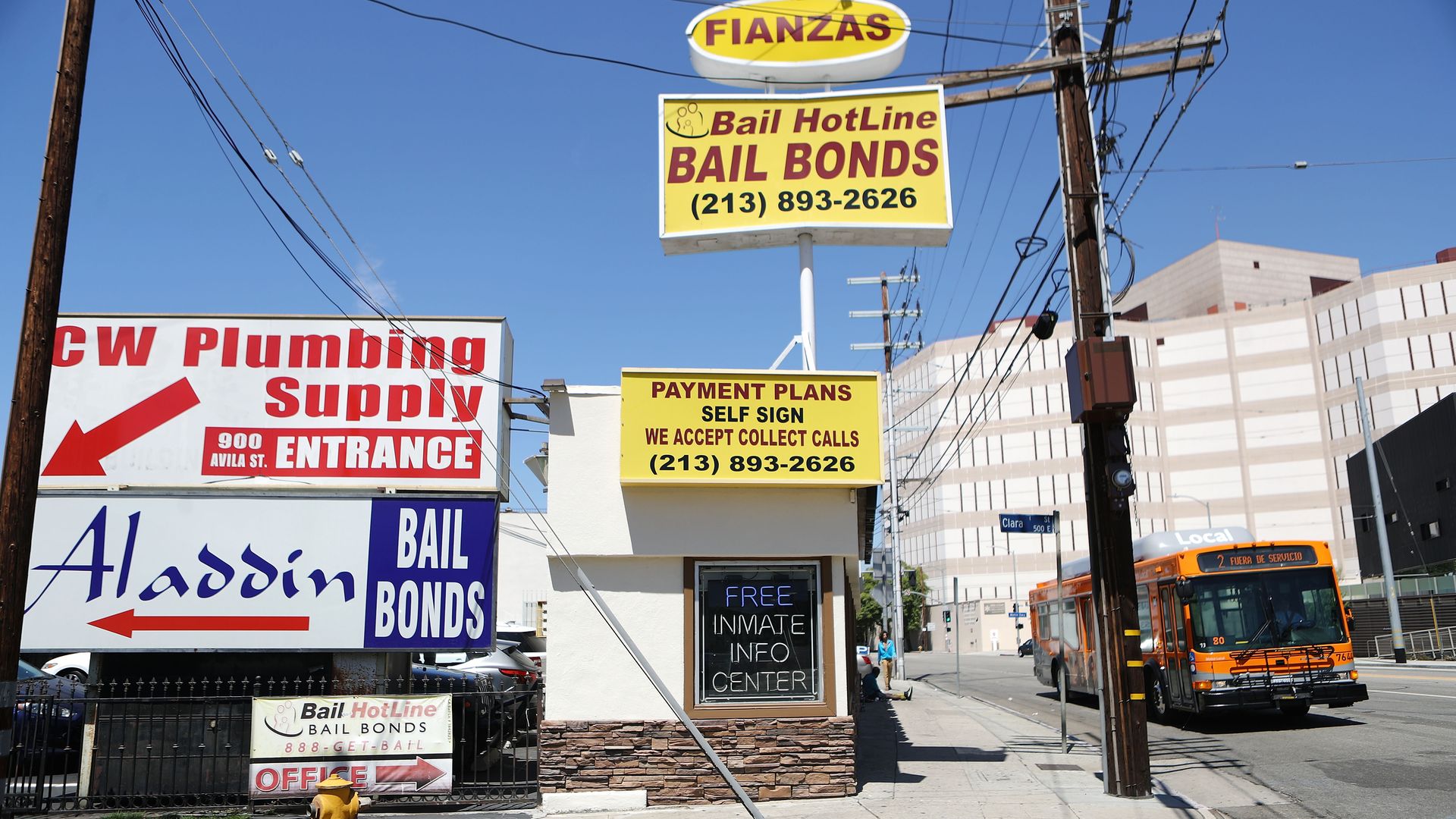Just How Bail Bonds Aid You Protect a Swift Release
Bond bonds work as a vital system for people browsing the intricacies of the criminal justice system, providing a path to gain back flexibility quickly following an apprehension. By engaging a bondsman and paying a fraction of the complete bail amount, offenders can attend to both legal obligations and individual obligations without the instant concern of complete settlement. This process not only assists to preserve one's public photo yet additionally helps with a smoother shift during a difficult time. However, the intricacies of this system often punctual concerns-- what are the details advantages, and just how do they truly impact the total experience?
Comprehending Bond Bonds
Bail bonds function as an essential device in the legal system, providing individuals with a means to safeguard their release from guardianship while waiting for trial. This economic plan enables accuseds to publish bond, which is a collection amount identified by the court, ensuring their appearance at future court dates. When an accused can not afford the full bail amount, they may look for assistance from a bail bond business, which generally bills a fee, often around 10% of the total bail amount.
The bail bond functions as a warranty to the court that the offender will follow all legal responsibilities. If the offender fails to show up in court, the bail bond company is in charge of paying the complete bail quantity. This danger incentivizes the business to make sure that the offender turns up for their arranged hearings.
Understanding the conditions of a bail bond is crucial for anybody considering this option. It is necessary to acknowledge that bond bonds do not cover lawful costs or other expenses connected with a test. Consequently, individuals should be well-informed about their rights and duties when becoming part of a bail bond arrangement. This expertise can dramatically influence the end result of their legal scenario.
The Duty of a Bail Bondsman
Just how does a bail bondsman help with the launch of defendants from safekeeping? A bail bondsman, additionally recognized as a bail bonds agent, plays an essential function in the bail procedure by offering the economic resources necessary to safeguard an offender's launch from prison - bail bonds licking county. When a defendant can not manage the complete bond quantity set by the court, the bail bondsman action in to cover this cost, usually charging a non-refundable premium, typically a percent of the total bail
When the premium is paid, the bondsman safeguards the accused's release by signing a guaranty bond with the court. This bond ensures that the defendant will certainly show up for all arranged court hearings. If the defendant fails to show up, the bondsman is responsible for paying the full bail total up to the court, which incentivizes the bondsman to ensure the defendant abides with their court obligations.
Additionally, bondsmen typically assess the danger connected with each situation, reviewing the accused's background, connections to the neighborhood, and likelihood of showing up in court (bail bonds licking county). This risk analysis informs the regards to the bond and may consist of collateral needs, better guaranteeing the bondsman's investment is safeguarded throughout the lawful procedure
Benefits of Using Bond Bonds
Utilizing bail bonds gives a number of benefits for defendants encountering lawful obstacles. Among the main benefits is the economic relief it supplies. When individuals are apprehended, securing their release commonly calls for a significant amount, which might be uncontrollable for many. Bail bonds allow offenders to pay a fraction of the overall bond amount, typically around 10%, thereby minimizing the immediate economic burden.

Furthermore, functioning with a bondsman offers accessibility to professional guidance through the complex legal landscape. Bondsmen are knowledgeable about the legal system and can supply valuable recommendations, guaranteeing defendants recognize their responsibilities and civil liberties. This professional support can be important in protecting a positive outcome in court.
Lastly, using a bail bond can help maintain an accused's public photo and work status, which could be adversely influenced by prolonged detention. Generally, the advantages of bail bonds expand past monetary considerations, promoting security during a tough time.
The Bail Process Explained
Understanding the bond process is vital for anybody browsing the complexities of the legal system. The bond process begins after a person is apprehended and brought previously a court. Throughout the initial appearance, the judge identifies whether bond applies and sets the quantity based on the severity of the costs, the accused's criminal history, and flight threat.
Once bail is check it out set, the accused has numerous choices for securing their release. They can pay the complete bail quantity in money to the court, which is reimbursed upon the verdict of the instance, supplied all problems are met. Conversely, several individuals opt to use a bail bond service. In the accused, a co-signer or this case pays a non-refundable charge, commonly 10% of the overall bond quantity, to the bail bondsman, that after that covers the complete bail.
Upon settlement, the bail bondsman files essential documents, and the offender is launched from guardianship. It is critical to comprehend the obligations involved, including participating in all court hearings and abiding by any type of problems set by the court, as failing to do so can cause a loss of the bond and added lawful effects.
Typical Mistaken Beliefs About Bail

Another prevalent mistaken belief is that bail quantities are widely set and unchangeable. In reality, judges have discernment in figuring out bond amounts based upon various variables, consisting of the nature of the criminal activity, the defendant's criminal background, and trip danger. Furthermore, numerous think that only affordable bonds affluent individuals can manage bond, neglecting the existence of bond bonds, which offer a more available economic remedy.
Some likewise think that bail is a penalty, not understanding that it serves as a mechanism to guarantee defendants stand for their court days while preserving their freedom during the lawful procedure. Ultimately, lots bail bonds dallas of people are not aware that bail is not a right; it can be refuted under specific scenarios, specifically in severe crimes or repeat offenses. bail bonds licking county. Clarity on these misconceptions is vital for informed decisions concerning bond and the total lawful process
Conclusion

When an accused can not afford the complete bail amount, they may seek assistance from a bail bond firm, which typically charges a fee, commonly around 10% of the total bail amount.
If the defendant stops working to show up in court, the bail bond company is accountable for paying the full bond amount. A bondsman, additionally understood as a bond bonds representative, plays a crucial role in the bond procedure by offering the financial sources required to protect an offender's release from prison. Bond bonds enable defendants to pay a fraction of the total bond amount, generally around 10%, consequently reducing the prompt financial concern.
In this situation, a co-signer or the offender pays a non-refundable fee, normally 10% of the total bail amount, to the bond bondsman, that after that covers the full bail.